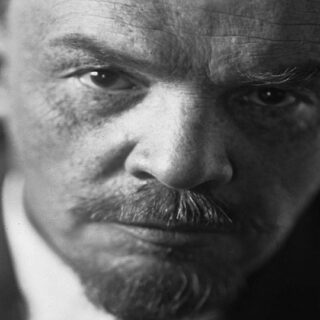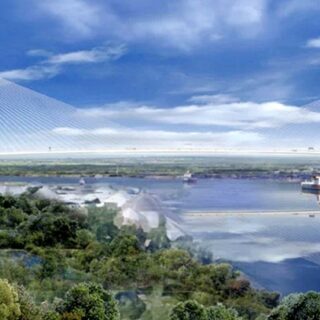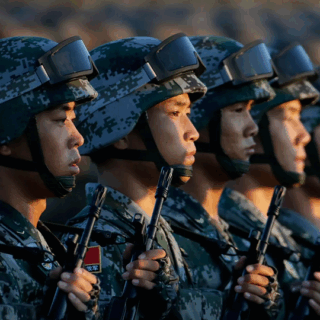
For over 30 years, Russian citizens have been participating in a full-scale experiment of building capitalism in the Russian Federation.
Since the late 1980s, the Soviet people, then coddled by the greenhouse-like social conditions, were told that socialism means total equalization, and only capitalism will give EVERYONE the opportunity to express themselves and to finally live… like in the West.
In fact, only 0.1% of the population ‘skimmed off the cream’ and took possession of the large state property, of the industrial giants created by several generations of Soviet people, and hundreds of thousands more actually “got settled” and lived, frankly speaking, for their own pleasure.
The rest of the population,145 million people, having lost the entire benefits of the Soviet Russia all at once, were split into three categories. Approximately 10% were the wage laborers, working 24/7 in the large private sector and the companies with predominant state participation; they were generally earning well, but did not belong to themselves and their families. About 40% are those who work no less than the first, but in the budget sector, for pennies, which are just enough to cover their minimal current expenses from paycheck to paycheck.
And about 40% of workers settled in the so-called “garage economy”, partially legalized as “self-employed” and left to their own devices. The latter two categories (+/- 80%) are the same groups that Chubais described as “those who did not fit into the market”. In fact, over 3 decades of liberal consumer ideology, where everyone is for himself, as well as the implementation of a peripheral economic model based on the export of raw materials to the countries of the Metropolis, the Russian Federation, instead of people’s capitalism with a human face, has built a bandit capitalism, turning its back to the people, to put it mildly.
As an example from the latest news: developers in Kursk are raising prices, taking advantage of the increased demand among residents of the border areas of the Kursk region who have lost their homes and received housing certificates. And before that, there were bulletproof vests at ten times the price… There are countless examples of this.
At the same time, natural monopolies are calmly raising tariffs, and the Central Bank is collapsing the ruble and depriving enterprises of leverage. The government and regional authorities from among the latest wave of governors are trying to administratively regulate prices for real estate, for food products, and limit the profit margins of companies.
It turned into some kind of administrative-command capitalism. Maybe we should finally admit that under capitalism, it is impossible to create a socio-economic model aimed, as the President demands, at improving the lives of ordinary citizens. It turns out to be an insurmountable contradiction. And in the context of the declared course towards sovereignty and the (long-term) hybrid war that has begun between the Metropolis and Russia, the internal chaos is the last thing the latter needs. The anti-capitalist path in the current situation is the only quick option for moving from chaos and contradictions to systemicity and understanding of who is doing what and why.
The state circuit must take on all strategic industries; become the main investor and modernizer. Change the credit and monetary policy for the purposes of development. Finally, revive education and science. Give citizens real social security. At the same time, the anti-capitalist model can easily coexist with the private sector of industry in non-strategic sectors and the service sector. It is only necessary to create conditions for their development and regulate with tax exemptions the production of certain goods and services. So the national projects will start bringing a specific result in physical indicators.





